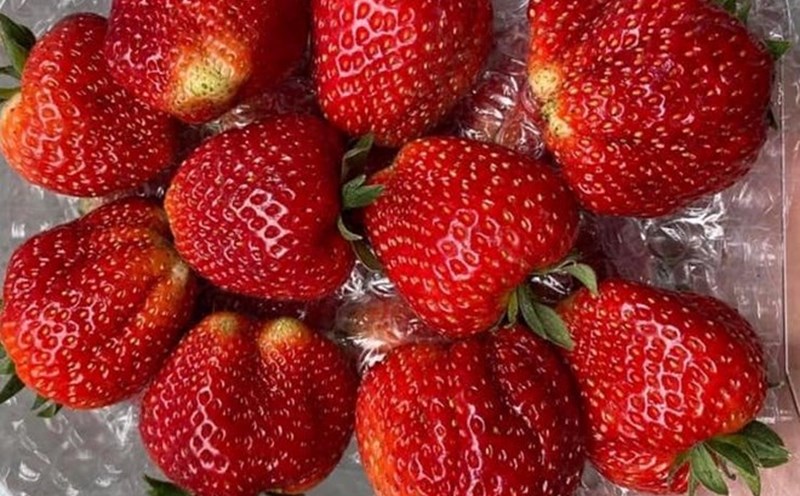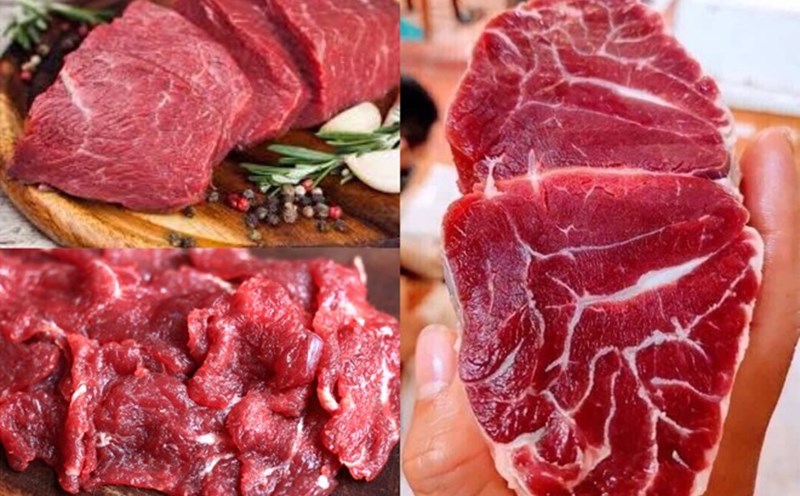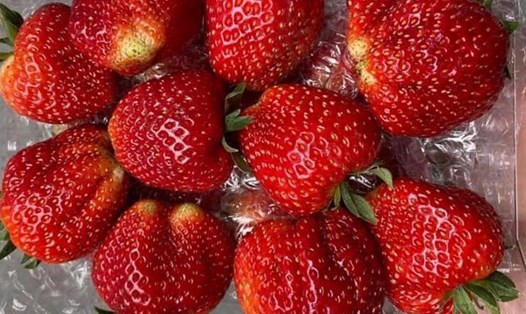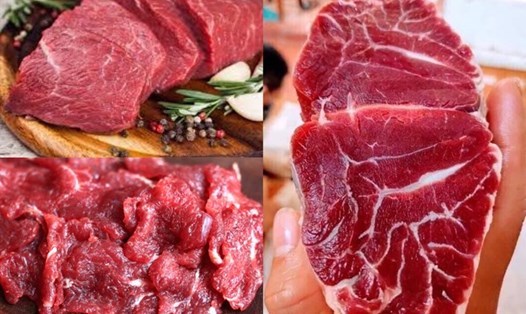Animal liver
Beef and chicken liver are rich natural sources of vitamin B12. According to the National Institutes of Health (NIH), just one 75-gram serving of beef liver provides 70 mcg of B12, far exceeding the recommended daily intake. Liver is also high in iron and vitamin A, which are good for overall health.
Salmon
Salmon is not only rich in omega-3 fatty acids, but it is also an excellent source of vitamin B12. A 100g serving of salmon contains about 7 mcg of B12. Research from the American Heart Association shows that eating salmon regularly can improve memory and reduce the risk of cognitive decline.
Tuna
Tuna, especially the lean meat, is a great source of vitamin B12. A 3-ounce serving of tuna provides about 2.5 mcg of B12. Tuna is also rich in protein and minerals such as selenium, which helps protect brain cells from free radicals.
Egg
Eggs, especially the yolks, are an easily absorbed source of vitamin B12. One large egg contains about 0.6 mcg of B12. The Harvard School of Public Health recommends including eggs in your diet to improve brain function and boost energy.
Milk and dairy products
Cow's milk, cheese, and yogurt are all good sources of vitamin B12. One cup (240 ml) of whole milk provides about 1.2 mcg of B12. Research from the American Journal of Clinical Nutrition shows that milk not only improves bone health but also helps maintain brain function, especially in older adults.
Oysters
Oysters are a nutritious seafood, providing up to 16 mcg of B12 per 100g. Oysters also contain zinc, which helps boost memory and protect the brain from damage. According to the Food and Nutrition Board (FNB), eating oysters regularly can improve thinking ability.
Chicken
Chicken, especially the breast, provides about 0.3 mcg of B12 per 3 oz. Chicken is also a lean source of protein, which helps maintain energy and supports brain development. Research from the World Health Organization (WHO) shows that chicken is a good fit for a healthy diet.









